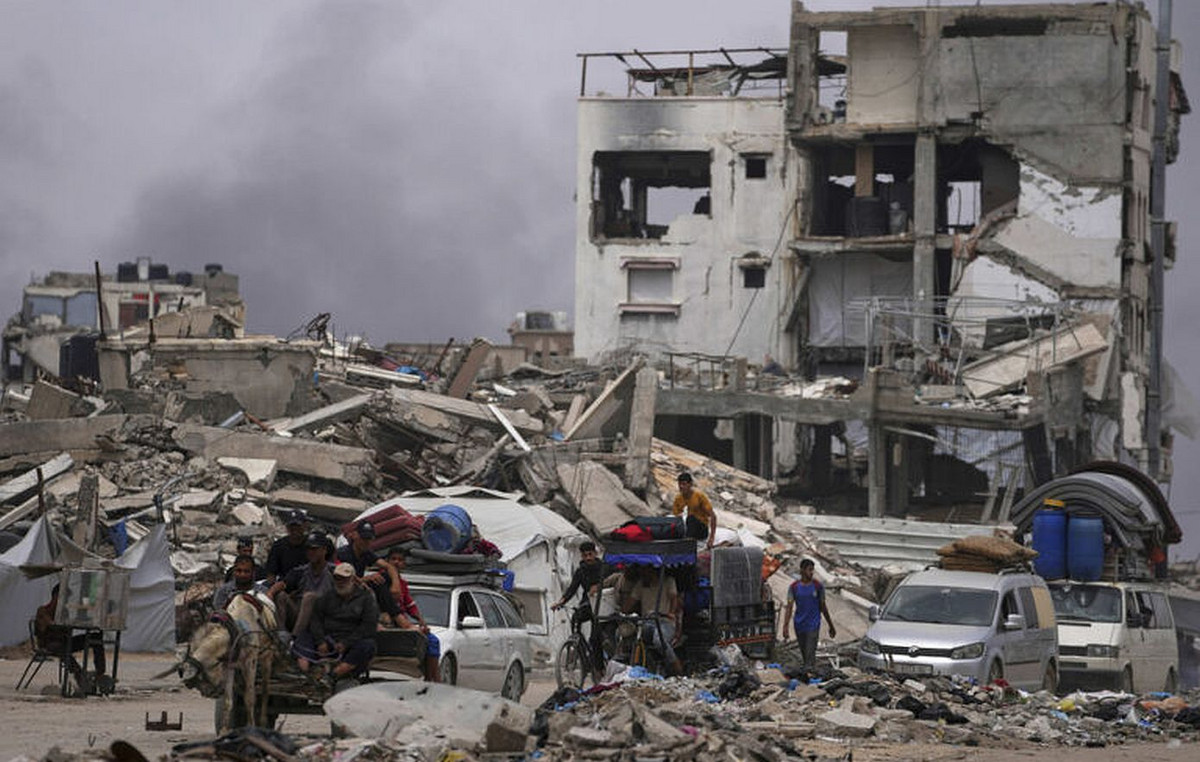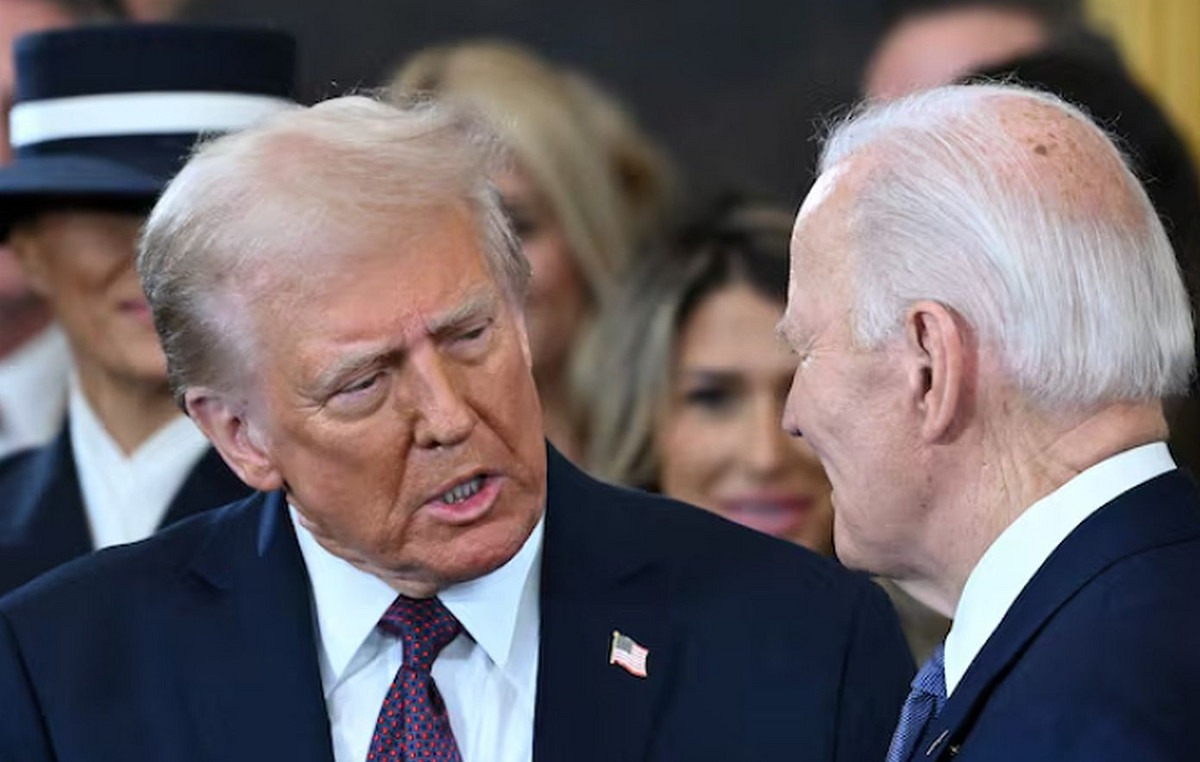Brazil proposed, at COP28, the creation of a large stimulus program to combat climate change similar to those offered by the world’s main governments during the Covid-19 pandemic.
According to an investigation by the CNN the stimuli could involve financial transfers from rich countries to developing nations, generous lines of credit opened by international institutions, technology transfer and training of professionals in areas related to the climate problem.
Brazilian negotiators are insisting that the proposal be approved in the COP’s final declaration, which would force countries to adopt the policy.
However, there is resistance from some countries that prefer to focus on other types of mechanisms to combat global warming and, of course, from rich countries themselves – which have not even fulfilled previous promises made by themselves to directly finance actions against the events. extreme climates.
This Friday (08), the UN released the third draft of the final declaration – which must still undergo many modifications before the end of the COP, on December 12th.
In one of its main points, the text lists seven different options related to eliminating the production and consumption of fossil fuels.
Options range from a generic “phase out of fossil fuels in accordance with the best available science” to simply not mentioning the issue.
Among them, there is also the “phasing out of fossil fuels in accordance with the best available science, the IPCC 1.5 C pathways and the principles and provisions of the Paris Agreement”.
This option refers to a collective commitment to maintain the world’s warming level at a maximum of 1.5 degrees Celsius in relation to pre-industrial levels.
Brazil has been insisting that COP28 define all its policies using precisely this maximum warming limit, abandoning the possibility of allowing warming of 2 degrees Celsius.
This has significant economic and political implications and also faces opposition from several countries.
Finally, Brazil says it accepts the proposal to significantly reduce oil production and consumption – as long as rich countries are the first to commit to this goal, giving developing countries longer deadlines to make their energy transition.
Source: CNN Brasil
Bruce Belcher is a seasoned author with over 5 years of experience in world news. He writes for online news websites and provides in-depth analysis on the world stock market. Bruce is known for his insightful perspectives and commitment to keeping the public informed.







